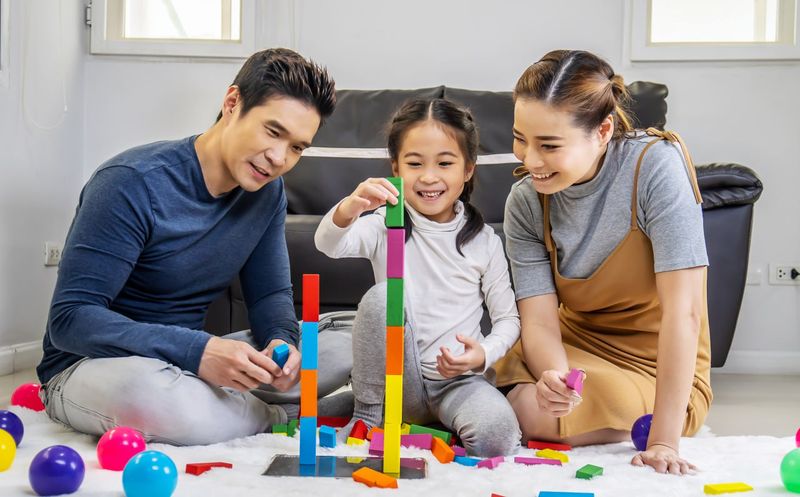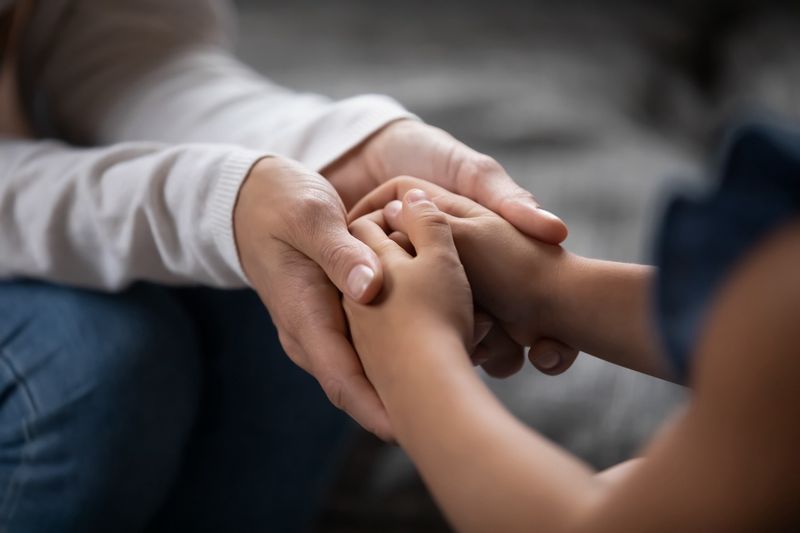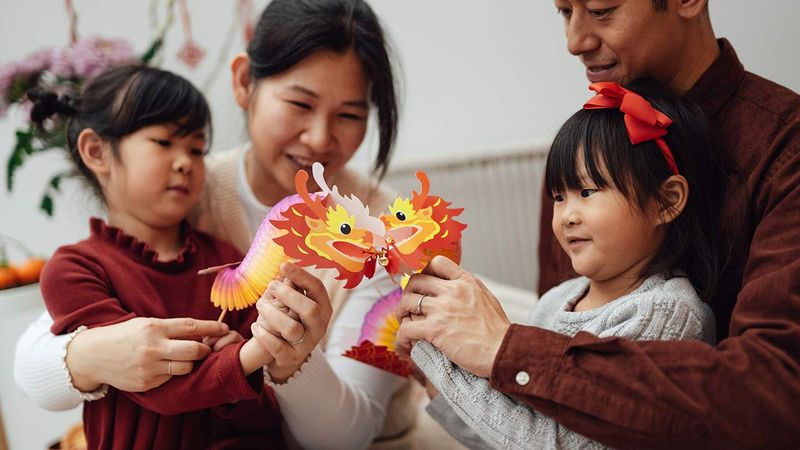Understanding the fabric of close-knit families can offer us valuable insights into nurturing bonds that last a lifetime. Through meticulous study of over 200 families, specific patterns emerged, highlighting what makes parent-child relationships truly thrive. These connections are not born overnight but are woven through shared experiences, empathy, and understanding. By focusing on mutual respect, open communication, and celebrating individuality, these families have crafted relationships that are both resilient and nurturing. Let’s explore these essential elements that unite families and foster environments where children and parents can grow together, stronger and more connected than ever before.
Open Communication

In the tapestry of family dynamics, open communication stands out as a crucial thread. The ability to share thoughts freely without fear of judgment fosters an environment where both parents and children feel valued. Conversations that bridge generational gaps not only enhance understanding but also build trust.
When parents take the time to listen actively, children learn the importance of empathy and expression. This mutual exchange of ideas ensures that misunderstandings are minimized, and emotional bonds are strengthened.
Encouraging open dialogue can transform the family space into a haven of connection, where every member’s voice resonates with respect and love.
Shared Activities

Engaging in shared activities weaves a tapestry of memories that bind families together. Whether it’s hiking, cooking, or playing board games, these moments are treasures that enrich relationships.
Participating in activities together enables family members to discover common interests and enjoy each other’s company without distractions. These shared experiences become stories, told and retold, adding layers of joy to family history.
Through these activities, families cultivate a sense of belonging and happiness, ensuring that bonds remain strong even as time passes. The laughter and joy shared during these activities become the glue that keeps families connected.
Mutual Respect

Mutual respect is the cornerstone of any strong relationship, and within a family, it creates a harmonious environment. When parents respect their children’s thoughts and feelings, children learn to reciprocate.
It’s about recognizing each other’s individuality and valuing each person’s unique perspective. This respect transcends age, making every family member feel significant.
As children grow, they carry this lesson into their own relationships, fostering communities built on understanding and acceptance. The cycle of respect continues, nurturing a home where everyone feels safe, loved, and appreciated. Mutual respect is not merely a lesson; it is a way of life.
Quality Time

Quality time spent together builds the foundation of strong family bonds. It’s not about the quantity but the quality of moments shared. Whether it’s a weekend getaway or a simple dinner at home, these moments create lasting impressions.
Families that prioritize quality time develop a sense of closeness and unity. These moments of togetherness foster love, support, and understanding that withstands life’s challenges.
By setting aside distractions and focusing on each other, families can create an atmosphere where love flourishes. Quality time is a gift that keeps on giving, nourishing the soul and strengthening the family unit.
Emotional Support

Emotional support is the backbone of a nurturing family. In times of need, knowing that someone is there to listen and care can make all the difference. Families that offer unwavering emotional support create an environment of safety and trust.
Through life’s ups and downs, having a support system helps individuals navigate challenges with resilience. This emotional safety net fosters confidence and self-esteem.
By being each other’s cheerleaders, family members instill a sense of belonging and love. Emotional support transcends words, offering comfort that strengthens the family bond in profound ways.
Celebrating Individuality

Celebrating individuality brings vibrancy and diversity to family life. Recognizing each member’s unique talents and interests creates a rich tapestry of experiences. By embracing differences, families cultivate an environment of acceptance and love.
Children who feel valued for who they are develop a strong sense of self-worth. This celebration of individuality encourages creativity and fosters personal growth.
Families that appreciate each person’s uniqueness build relationships that are both dynamic and harmonious. By nurturing individuality, families create a nurturing space where everyone feels free to be themselves, fostering a deeper connection.
Effective Conflict Resolution

Effective conflict resolution is a skill that strengthens family bonds. Disagreements are inevitable, but handling them with patience and empathy leads to understanding and growth.
Families that practice healthy conflict resolution create an environment where problems are seen as opportunities to learn. By addressing issues calmly, members develop better communication and problem-solving skills.
This approach fosters a positive atmosphere, where every voice is heard, and solutions are crafted together. Effective conflict resolution ensures that relationships remain strong and resilient, turning challenges into stepping stones for deeper connections.
Traditions and Rituals

Traditions and rituals weave a sense of continuity and belonging into family life. Whether it’s holiday celebrations, weekly family dinners, or bedtime stories, these practices create a rich tapestry of shared experiences.
Such rituals offer comfort and stability, drawing family members closer. They serve as anchors, reminding families of their roots and values.
By participating in these traditions, families create a sense of unity and shared identity. Traditions become cherished memories, passed down through generations, strengthening the family bond. Through rituals, families create a legacy of love and connection.
Teaching Values

Teaching values is a cornerstone of a strong family foundation. By imparting lessons of kindness, honesty, and responsibility, parents shape their children’s moral compass.
These values become guiding principles that children carry into adulthood, influencing their decisions and relationships. Families that prioritize teaching values create a culture of respect and integrity.
By leading by example, parents instill virtues that resonate throughout a child’s life. This transfer of values fosters a community of caring, compassionate individuals, strengthening the fabric of family life.
Expressing Gratitude

Expressing gratitude is a powerful practice that enhances family relationships. By acknowledging each other’s efforts and contributions, families create a positive environment where appreciation thrives.
This practice fosters a sense of connectedness and joy. When family members express gratitude, they cultivate an atmosphere of love and respect.
Gratitude acts as a balm, healing wounds and nurturing empathy. It transforms ordinary moments into meaningful connections, enriching the family bond. Families that embrace gratitude experience deeper relationships, where every member feels valued and cherished.

Comments
Loading…